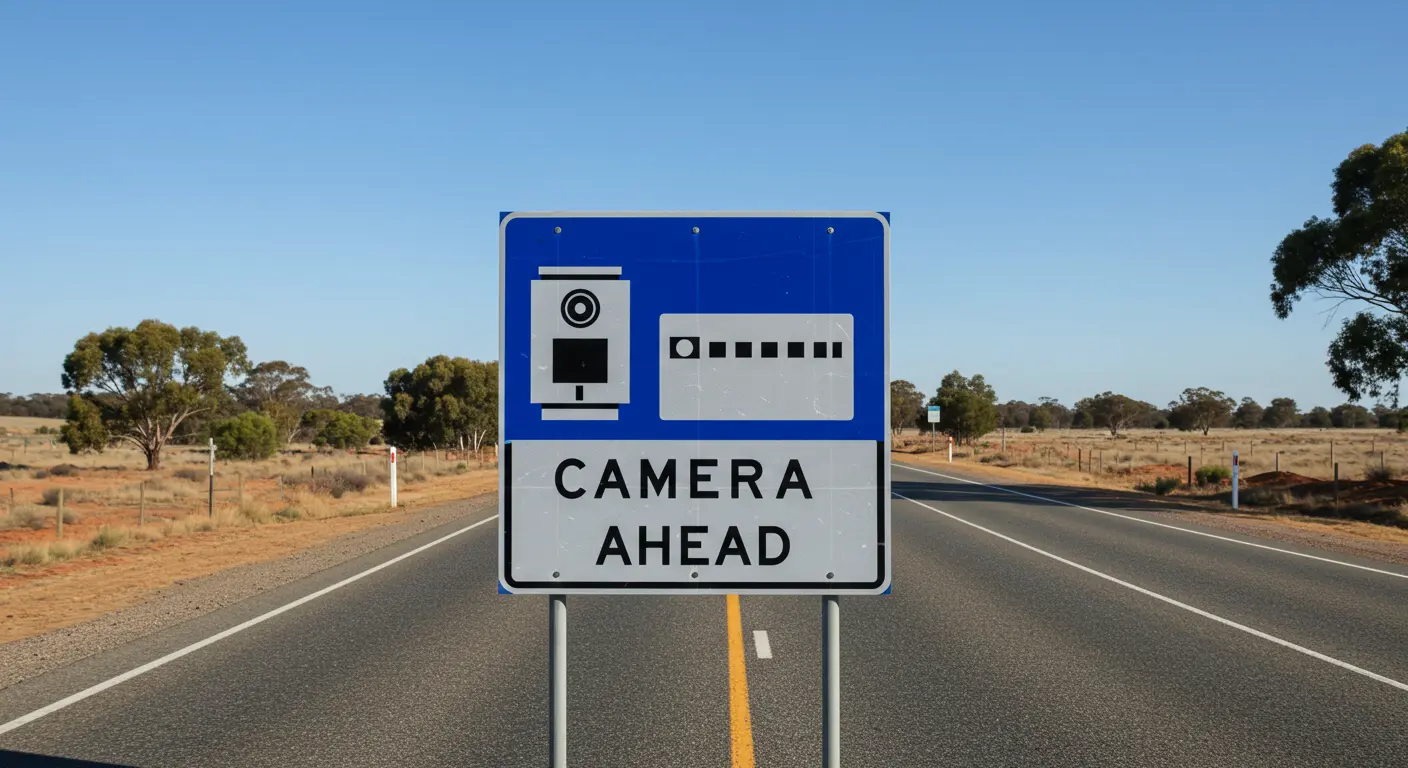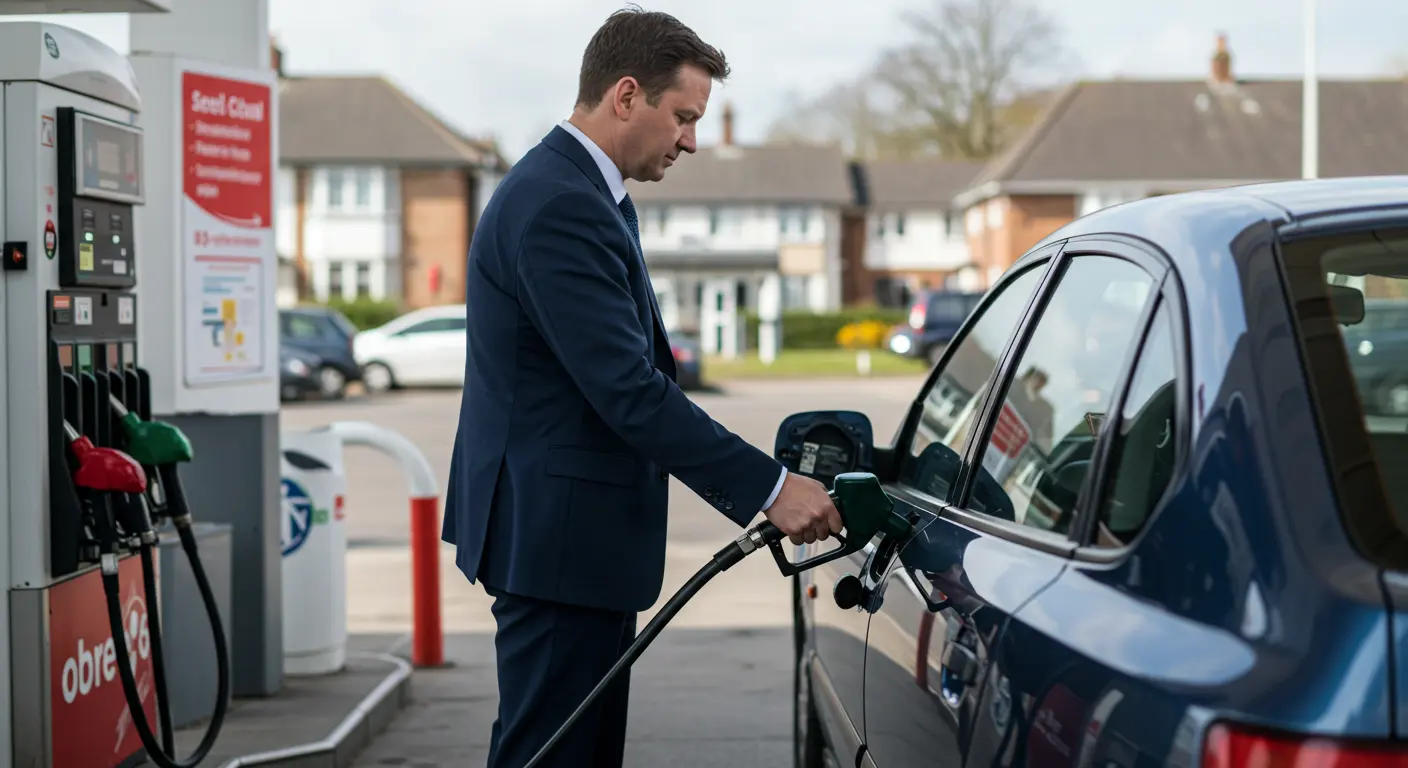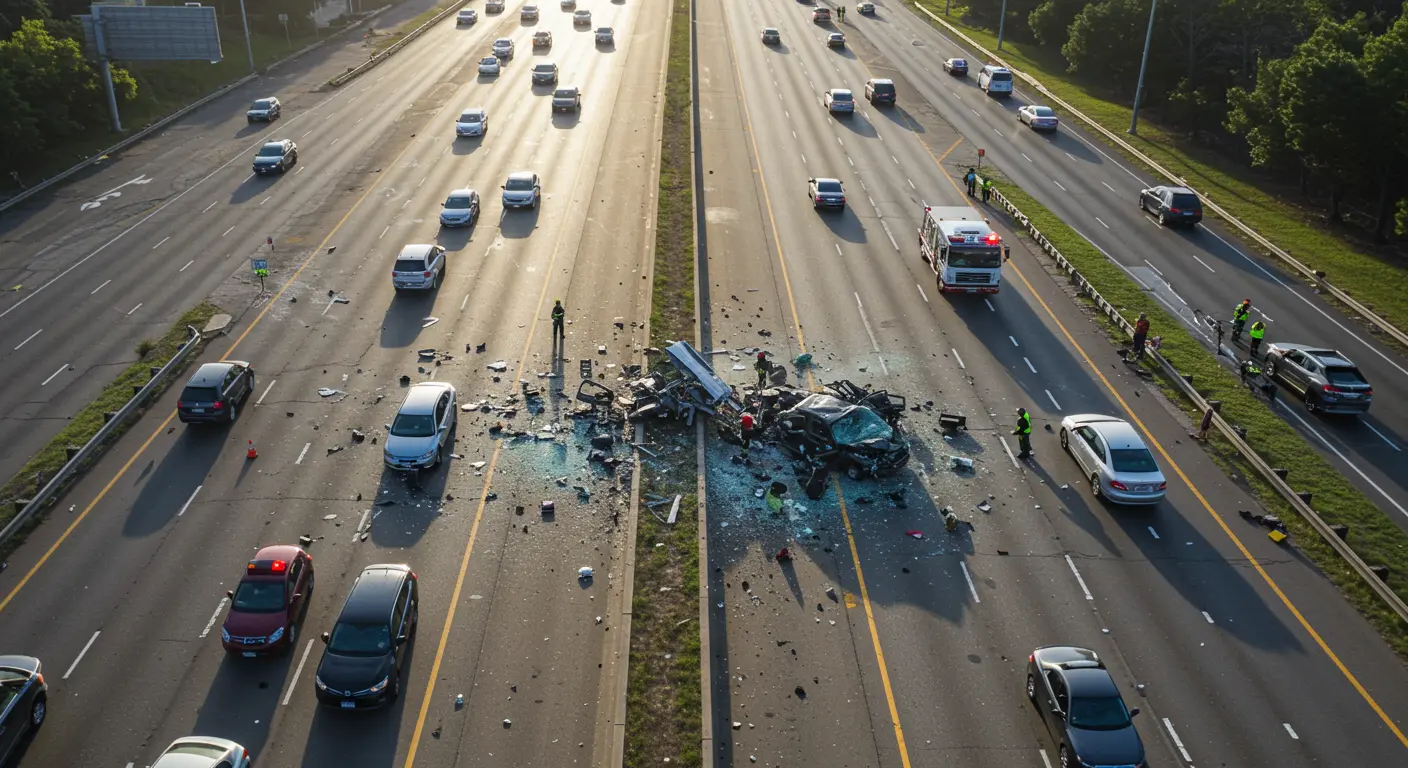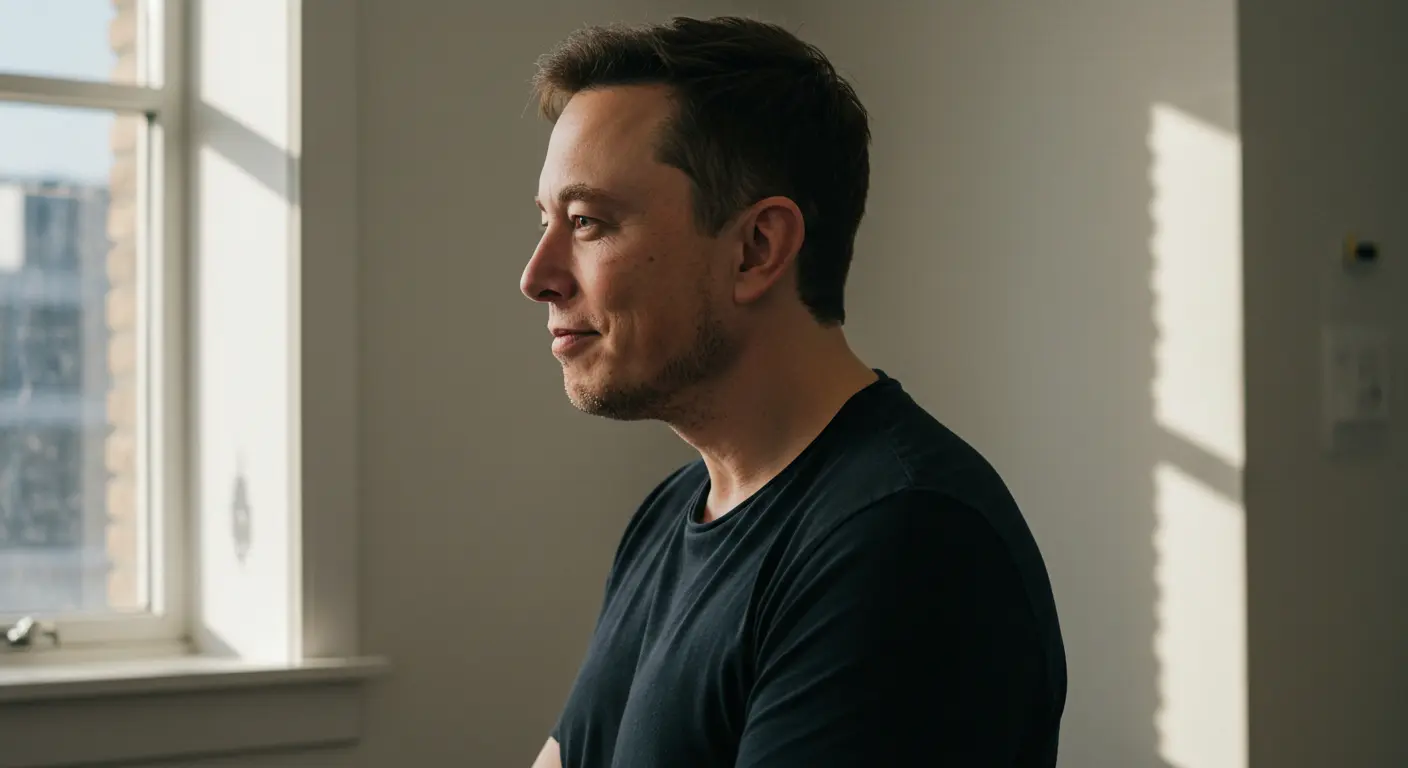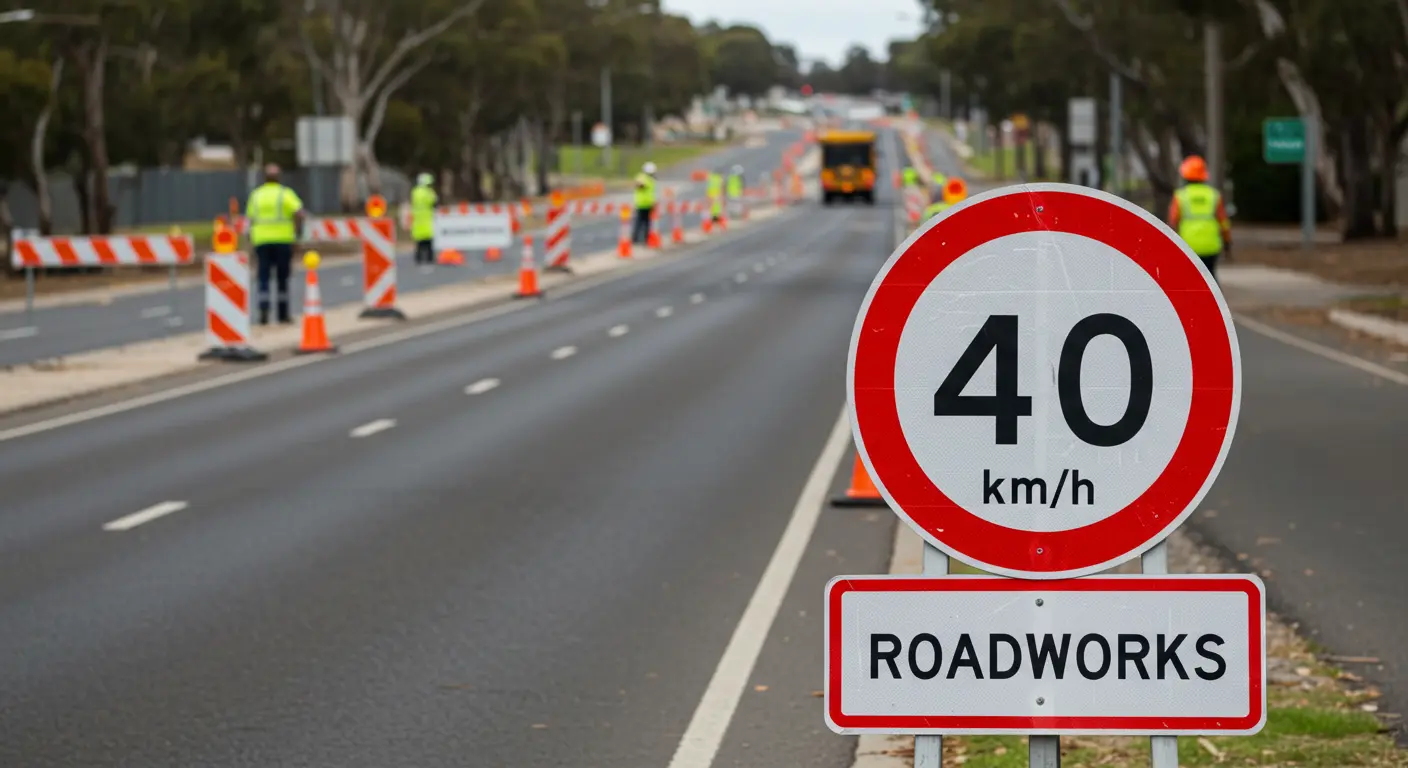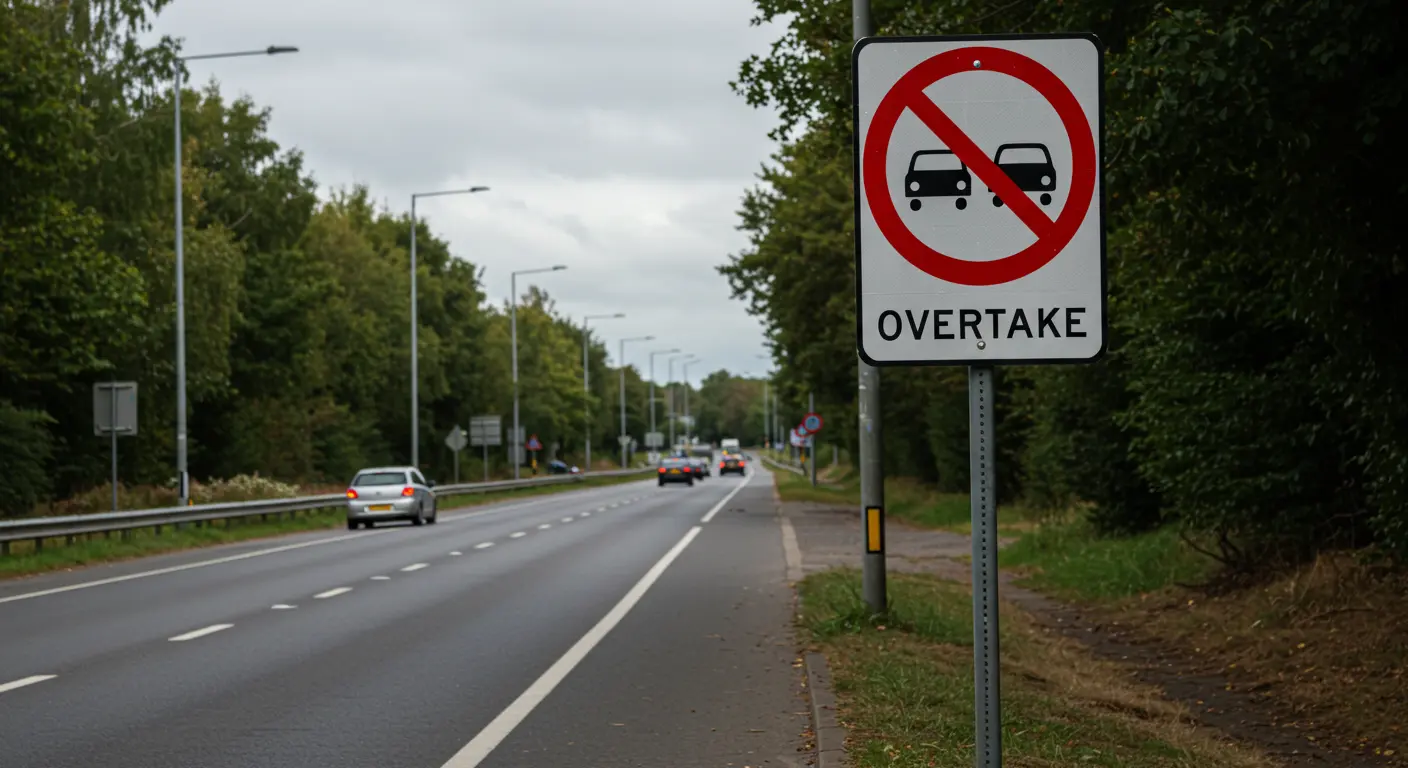The federal election campaign has intensified as Opposition Leader Peter Dutton announces a controversial policy to scrap penalties under Australia’s New Vehicle Efficiency Standard (NVES), prompting strong backlash from Prime Minister Anthony Albanese and road safety advocates.
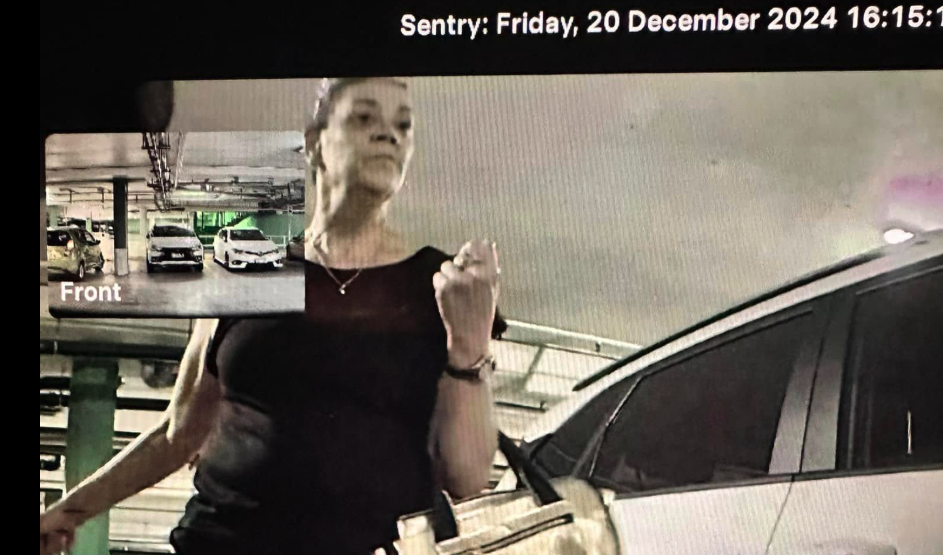
What is the NVES?
The NVES, introduced by the Albanese government and effective from 1 July 2024, mandates an annual emissions cap on the average carbon output across a carmaker’s new vehicle fleet. The scheme is designed to encourage the import of more fuel-efficient and electric vehicles to Australia.
Under the current system, manufacturers that exceed the emissions cap face financial penalties. The government has claimed the NVES will save motorists around $1,000 annually in fuel costs and reduce Australia's transport sector emissions.
Dutton's Proposal to Remove Fines
As part of its election pitch, the Coalition has pledged to retain the NVES framework but eliminate the fines imposed on manufacturers who exceed the emissions caps. Dutton argues that these penalties, which some manufacturers claim could increase vehicle prices, amount to a "car and ute tax."
"This is a tax on families who need a reliable car and small businesses trying to grow," Dutton said. "Labor is making life harder and more expensive."
The Motor Trades Association of Australia has warned that the cost of compliance could reach $2.7 billion by 2029, a figure likely to be passed on to consumers.

Government Hits Back
Prime Minister Anthony Albanese labelled the policy "nonsensical," accusing the Opposition of undermining efforts to make vehicles more affordable in the long run.
"Peter Dutton, who says he cares about the price of fuel, doesn’t want people to have more fuel-efficient cars," Albanese said. "It’s contradictory."
Climate Change and Energy Minister Chris Bowen echoed the criticism, comparing the Coalition’s policy to Donald Trump-era deregulation efforts in the US. "Turning standards into a toothless tiger is worse than doing nothing," he said.
Industry and Environmental Reactions
Julie Delvecchio, CEO of the Electric Vehicle Council, warned that removing the fine system from the NVES would render the policy ineffective.
"The NVES doesn’t work without the credit and penalty system," she said. "It’s like having road rules without enforcement."
The policy has become a flashpoint in the Coalition’s broader cost-of-living campaign, which also includes a pledge to halve the fuel excise for 12 months. The strategy is aimed at outer suburban voters and regions heavily reliant on private vehicles.
What's at Stake
Australia had previously lagged behind other industrialised nations in adopting vehicle efficiency standards, only enacting the NVES in 2024. Prior to that, Australia and Russia were the only developed countries without such policies.
Supporters argue that the NVES aligns Australia with global trends, reduces reliance on imported fuel, and boosts uptake of modern, cleaner vehicles.
The May 3 election will determine whether these standards remain enforceable or become purely symbolic.
